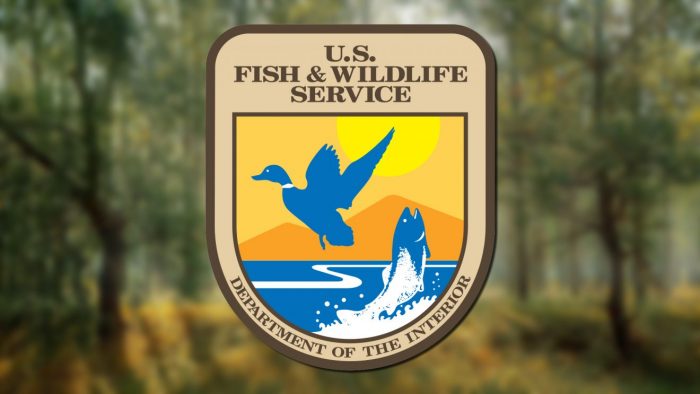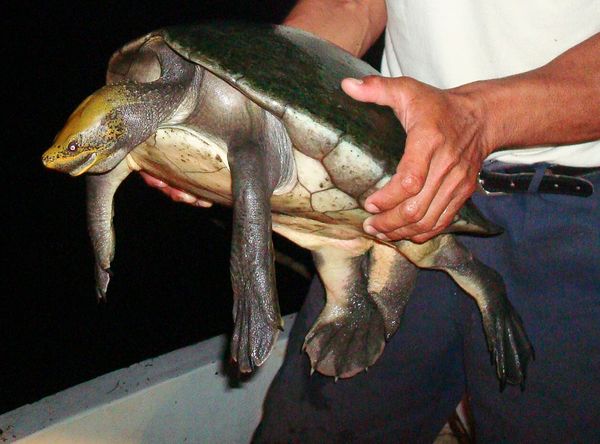Texas Man Sentenced for Trafficking Over $3,500,000 in Wildlife
A Texas man was sentenced to 20 months in prison for trafficking protected species and ordered to pay a $2,000 fine and be placed on supervised release for a period of two years after completing his prison term.
Alejandro Carrillo, 62, of El Paso, pleaded guilty on July 9, 2020, to a two-count information charging him with one count of conspiracy to traffic wildlife and one count of smuggling. Carrillo admitted to being part of a conspiracy to smuggle wildlife from the Mexico into the United States via El Paso since May 2016. Carrillo was the middleman between several Mexico-based suppliers of wildlife and their U.S.-based customers. Carrillo’s role as middleman was to pick up wildlife from a co-conspirator in Juarez, Mexico, and transport (smuggle) that wildlife in his car into the United States at an El Paso border crossing. His status as a U.S. citizen with a Secure Electronic Network for Travelers Rapid Inspection card made his transits easy. Once in the United States, Carrillo would ship the wildlife via FedEx or U.S. Postal Service to U.S.-based customers. On many occasions, animals died during transport.
The sentencing was announced by Acting Assistant Attorney General Jean Williams of the Justice Department’s Environment and Natural Resources Division and Edward Grace, Assistant Director of the U.S. Fish and Wildlife Service (USFWS) Office of Law Enforcement.
“Trafficking in protected species in violation of U.S. and international law is harmful to the animals and their native habitats,” said Acting Assistant Attorney General Jean E. Williams of the Justice Department’s Environment and Natural Resources Division. “The Justice Department remains determined to work with our law enforcement partners to ensure that these endangered animals are protected.”
“Wildlife trafficking is decimating much of the world’s natural resources,” said the USFWS Office of Law Enforcement Assistant Director Edward Grace. “It is paramount to deter and dismantle wildlife traffickers in order to ensure the sustainability of our natural resources, protect against zoonotic diseases from spreading, and so that future generations will be able to benefit from the world’s diverse species of wildlife and plants.”
Between April 2015 and December 2019, Carrillo illegally transported wildlife across the U.S.-Mexico border with a market value of over $3,500,000. Carrillo received a “crossing fee” for each border crossing, the amount of which depended on the number of animals transported, the size of the packages, and, in some cases, the level of risk of being detected by the authorities. In that time period, Carrillo was paid more than $198,000 to transport wildlife across the U.S.-Mexico border.
On Sept. 22, 2016, Carrillo picked up several reptiles from a supplier in Juarez, including a Central American river turtle (Dermatemys mawaii), which is a Convention on International Trade in Endangered Species of Wild Fauna and Flora (CITES)-protected and endangered species, and transported them across the U.S.-Mexico border to his residence in El Paso. He then re-packaged the animals and sent them to a buyer in Oklahoma. The total value of the shipment was $1,650. Carrillo did not have a CITES import permit for any of the smuggled animals, nor were any permits issued in the name of any of the suppliers. In addition, Carrillo did not submit the necessary import wildlife declaration form to the USFWS.
The USFWS Office of Law Enforcement and the Environment and Natural Resources Division’s Environmental Crimes Section investigated the case.
Trial Attorneys Mary Dee Carraway and Gary Donner of the Environmental Crimes Section prosecuted the case.


